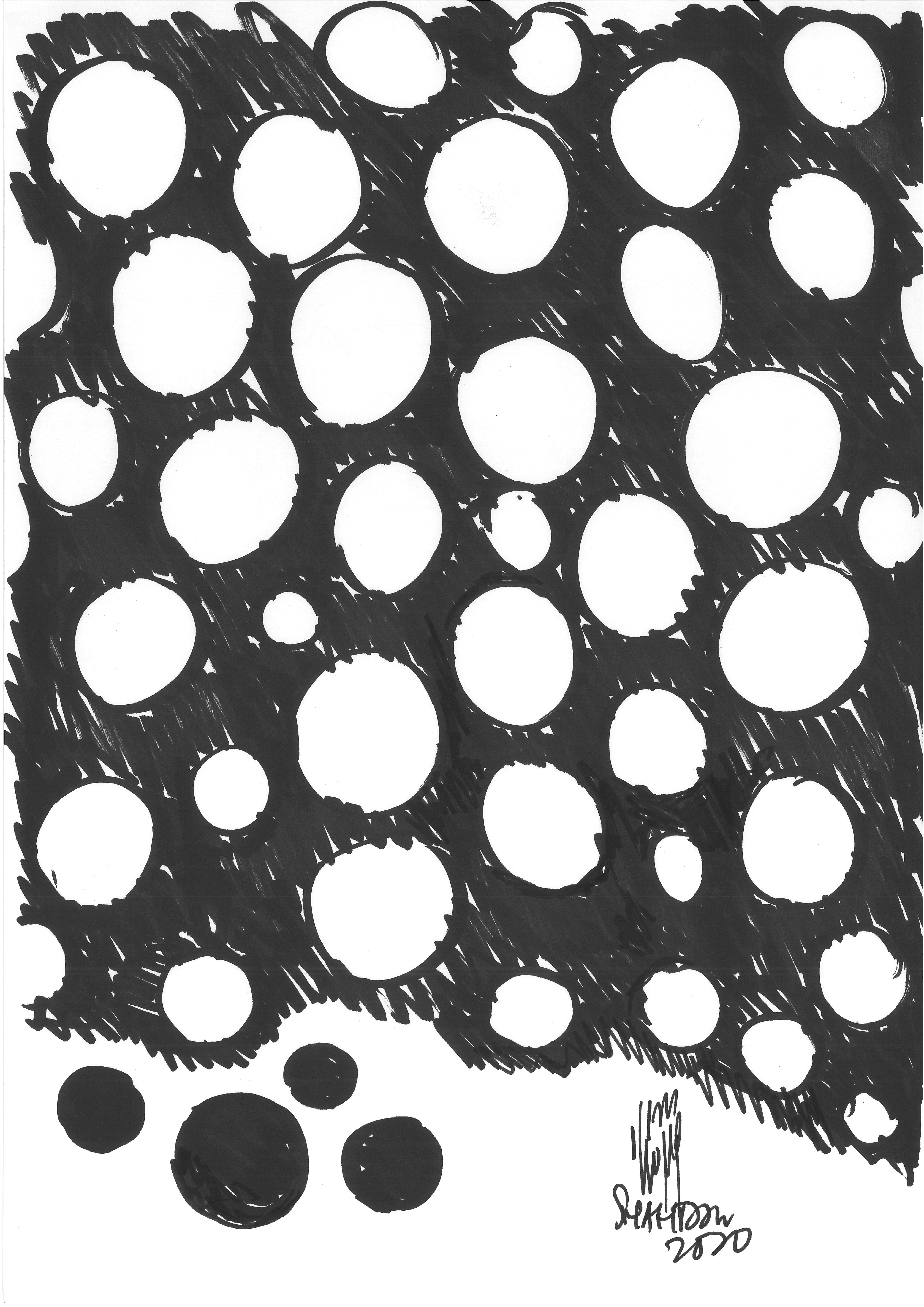Testimonial
Youth as center of problem-solving

Diversity' sketch made by Akhtar Shah/ Shahtoon during the webseries in 2020
©Friedrich Naumann Foundation for Freedom Pakistan
In 2020, when things looked bleak amid the pandemic and everything seemed to be at a standstill, I was provided an opportunity that changed my perspective of life. I was selected as one of the twenty-one candidates sponsored by Friedrich Naumann Foundation for Freedom – Pakistan, to attend the 19th Young Leaders Conference organised by School of Leadership. This 5 day residential program in Karachi was titled: “Its Possible”. We were challenged day in and day out with concepts, ideas and motivated to find solutions to things we hold dear. After enjoying, learning and embracing diversity at this vibrant conference, we were divided into different groups for implementing our “Community Action Projects”. Since, there was a flood of disinformation, hate speech, misinformation and fake news amid pandemic crisis, our team wanted to bring communities together.
I was inspired with FNF webseries “Unity in Diversity” and decided to base my Community Action Project around this theme. My team and I organized various engagements at different religious places in Karachi and virtually interviewed religious communities in other cities of Pakistan.
Our Community Action Project aimed to bring different religious communities together to promote “Prosperity and Tolerance through Dialogue”. The other aim of this community action project was to engage in an open, inclusive and equality-oriented dialogue to promote interfaith harmony. It also aimed to create new methods of dialogue and collaborative actions to counter violent extremism through alternative narratives.
During the project our aim was to bring together youth from different communities, ethnicities and religions of Karachi together to a safe space where they can share their views and ask questions to embrace diversity. We visited almost all religious places such as Churches, Mandirs, Gurdwaras, Mosques and Madrassas other places of religious significance. We also held online campaigns to promote the concept of dialogue through interviews. With the goal of countering violent extremism and promoting diversity, my team and I worked on a very small scale with implications much bigger than our expectations.
When you change your old schema and accept the diverse worldview, you start thinking with a broad vision.
One of our visit was to Shri Ram dev Temple where Hindu worshippers gathered for their rituals. Nairaj, a 24-year-old student introduced our team to the community.
Upon entering the gate, the narrow street opened up to a two-story building in the locality of Soldier Bazar, Karachi. There was a community center at ground floor for lunch and casual gatherings within the building. The first floor was full of men and women segregated by a narrow empty column. This Gujrati Hindu community is peculiar in their culture since they hail from Gujrat, India. The women wearing Patola sarees chatted animatedly gathered in groups, while the men wearing colorful kurtas stood on the sidelines. Their vibrant culture was delineating the blend of old and new tradition.
There was a picture of their spiritual leader at the center of the stage with a kerosene lamp burning next to it. The people after entering the community center were paying tribute to their religious leader. They threw flowers over his picture and bowed their heads in submission. A group of men, mostly guests and elders from the community were sitting in a circle with singers and musicians at the corner of the stage. The hall was jam-packed with loud music and people commemorating the birthday of their leader.
We were warmly welcomed to the celebration. We held a live interview session with the community president of the Mandir section of the building. On being provided the opportunity to speak to the community, I emphasized on the importance of “cross-community dialogue and acceptance for other communities to promote social cohesion.”
This community action project has compelled me of thinking anew by bring change to my schema. When you change your old schema and accept the diverse worldview, you start thinking with a broad vision.
When I sat with ethnic, religious and gender minorities I learnt about their problems. Despite the reason that Pakistan is an adequately pluralist country characterized by religious, sectarian and ethno-linguistic diversities. Yet, minorities have always faced violence, extremism and discrimination in acquiring jobs, education and in interactions with society. It will not be exaggeration to mention that minorities face socioeconomic marginalization such as confinement to menial, low paid and low status work. The forced conversion, hate speech and discrimination adds to the woes faced by minorities. While Article 20 of the constitution of Pakistan grants freedom of religion to every citizen: subject to law, public order and morality.
“Every citizen shall have the right to profess, practice and propagate his religion: above every religious denomination and every sect thereof shall have the right to establish, maintain and manage its religious institutions.”
(Constitution of Islamic republic of Pakistan12 April 1973 as amended on 31 May 2018, Article 2)
We are all different in unique ways, it’s from divine and because these differences cannot be eliminated therefore we need to accept our diversity by changing our attitudes towards each other as a measure of peaceful coexistence. I firmly believe that the effective way of mainstreaming youth for social change, bringing different communities together and promoting unity and diversity is “Dialogue”. The culture of dialogue will break the culture of silence and consequently bringing communities closer together.
Muhammad Salal was one of the participant at the19th Young Leaders Conference in 2020. As part of the residential program all participants are tasked to develop and implement a 'Community Action Plan' .It involves forming and working in a local team to help improve their lives and solve the problems that are important in their communities.
